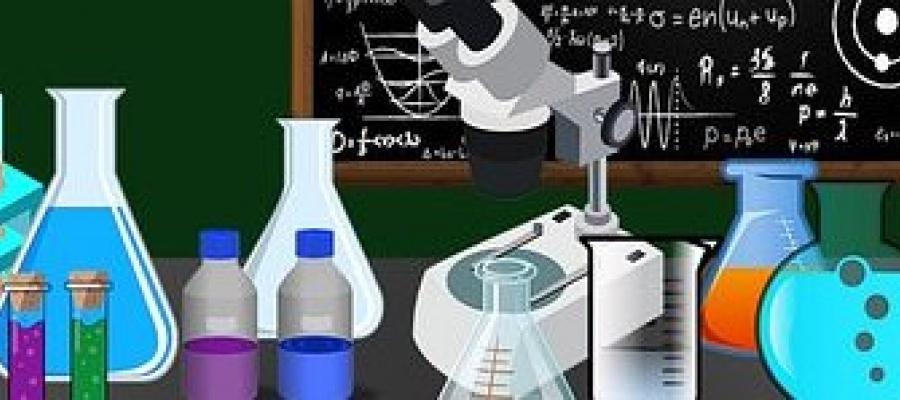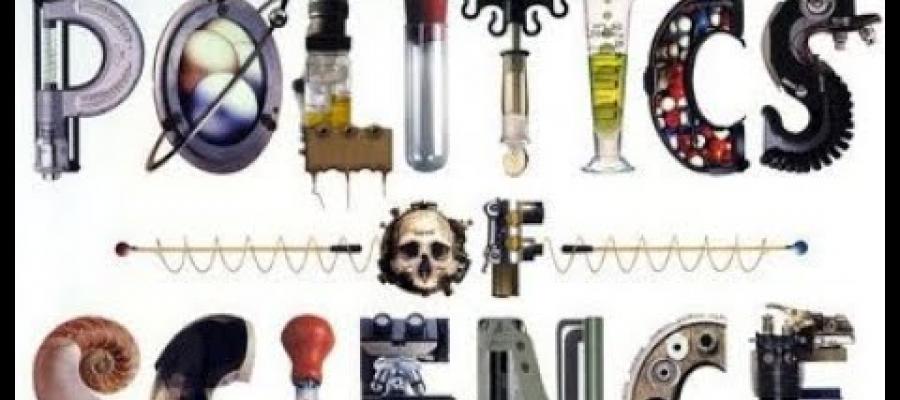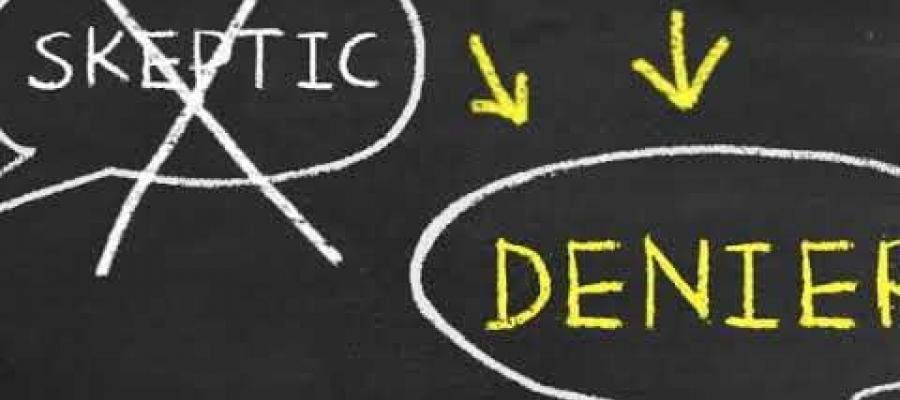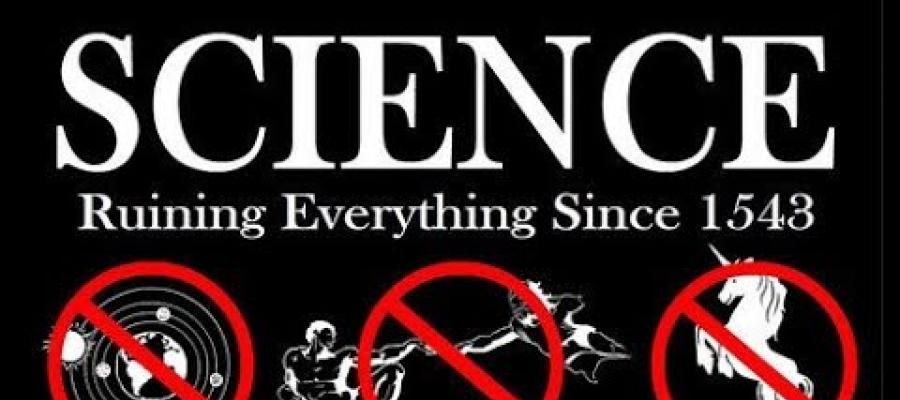
In preparing for our upcoming episode about the Vienna Circle, we've been thinking about the members' focus on science — quite a few of them were scientists and mathematicians, and this perspective inspired their ideas. So for the month of May, we thought we'd provide some past episodes about the Philosophy of Science as a helpful backgrounder for exploring the Vienna Circle.
Back in 2006, John and Ken explored fundamental questions in the philosophy of science with recent-return guest Peter Godfrey-Smith, author of Theory and Reality: An Introduction to the Philosophy of Science. A couple of years later they delved deeper into more specific questions about distinguishing science from pseudo- or non-science with with Stuart Vyse from Connecticut College, author of Believing in Magic: The Psychology of Superstition. In 2015 they explored the often tricky relationship between science and politics with Sharyn Clough from Oregon State University, author of Beyond Epistemology: A Pragmatist Approach to Feminist Science Studies. Just last year Josh and Ray questioned what happens when science is overrun by culture-war skepticism with Michael Shermer, author of Giving the Devil his Due: Reflections of a Scientific Humanist. And of course some skepticism is always warranted when it comes to evolving knowledge, so Josh and Ken discussed whether science can over-reach with Massimo Pigliucci, editor of Science Unlimited?: The Challenges of Scientism.
Science!
| Episode Title | Guest | Related Content | ||
|---|---|---|---|---|
 | Philosophy of Science | Peter Godfrey-Smith, Professor of Philosophy, Harvard University | Science: The Big Kahuna The Nature of Science and the ID Debate | |
 | Science vs. Pseudo-science | Stuart Vyse, Joanne Toor Cummings ’50 Professor of Psychology, Connecticut College | Science and Pseudo-science | |
 | Science and Politics - Friends or Foes? | Sharyn Clough, Professor of Philosophy, Oregon State University | Science and Politics: Friends or Foes? | |
 | Science and Skepticism | Michael Shermer, Founding Publisher, Skeptic Magazine | Skepticism and Trust in Science | |
 | Does Science Over-reach? | Massimo Pigliucci, Professor of Philosophy, City University of New York | Does Science Over-reach? |

Comments (1)
Harold G. Neuman
Friday, May 7, 2021 -- 1:55 PM
Science, etc...Friend of mine sent a short piece by Galen Strawson, concerning physics and physicalism. Strawson was comparing them. Sorta. I thought about it for several hours. Then, replying to my friend, I noted that physics operates within a framework of laws. Physicalism says something like things are as they are, because that is how we think of them, physics notwithstanding. So, how we think is more important than how things really are, according to the laws of physics. Not so fast. I'll adopt the position of Gould here. He talked about NOMA: non-overlapping magesteria. He said, in his scenario, that religion and science had no obligatory correlation. Different goals and objectives. Different ideals. Strawson's notions about physicalism and physics also fail, for the same reason(s).
Apples and oranges, which are non-overlapping. I suggested to my friend that Strawson was just having fun. No response yet. When we try to compare hard science with soft-skills, we are doing the Sisyphus shuffle: pushing that rock up the mountain, only to have it roll back down... we can construct a philosophy of most anything. Whether that construction is useful is a different matter.